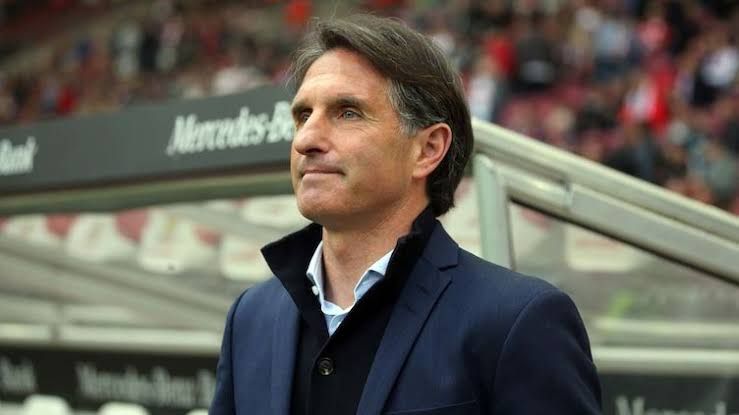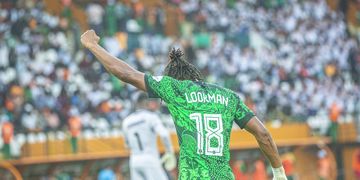Former Bayern Munich and Werder Bremen striker Bruno Labbadia has been named the new head coach of the Super Eagles, Soccernet.ng reports.
The German-Italian tactician brings a wealth of experience, both as a player and as a manager, to a nation brimming with football talent but yearning for global success.
But who is Bruno Labbadia, and what can Nigerians expect from him? Here’s a deep look into ten key things you need to know about the man now charged with leading Nigeria to new heights.
1. A Prolific Striker in His Playing Days
Bruno Labbadia’s name might not resonate as loudly as some of the world’s top strikers, but his record speaks for itself.
Across a storied playing career in Germany, Labbadia netted 229 goals in 599 appearances.
His best seasons saw him score prolifically for clubs like Arminia Bielefeld and Bayern Munich, with standout campaigns including 29 goals for Bielefeld in 1998-99 and 21 goals for Darmstadt 98 in 1986-87.
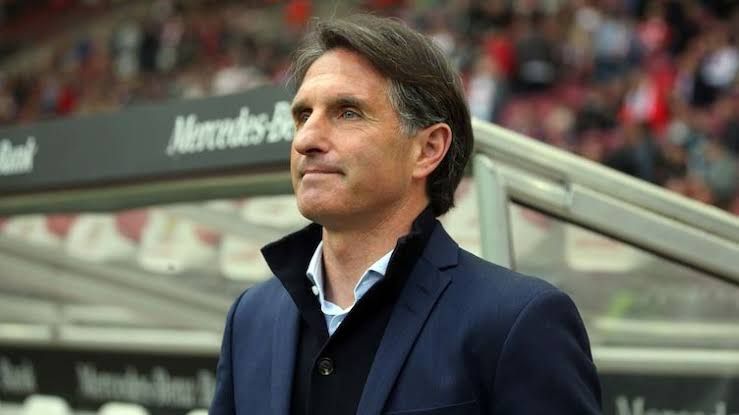
This goal-scoring nous could hint at an attacking philosophy that might excite Nigerian fans eager to see their team play with flair and purpose.
2. Tactical Flexibility and Pragmatism
Labbadia has built a reputation as a manager who can adapt his tactics to suit the strengths of his squad.
Whether leading a team to survival in a relegation battle or pushing for European qualification, Labbadia has shown he can be both pragmatic and flexible. His stints with clubs like VfB Stuttgart and VfL Wolfsburg showcased his ability to shift between different formations and playing styles.
Nigerian fans can expect a coach who will tailor his approach to maximise the potential of the Super Eagles’ diverse talent pool.
3. Success at Top-Tier Clubs
Labbadia’s managerial career has seen him take charge of some of Germany’s most storied clubs, including Bayer Leverkusen, Hamburger SV, and VfL Wolfsburg.
Interestingly, he led Stuttgart to a sixth-place finish in the Bundesliga and a spot in the UEFA Europa League.
While he has faced challenges, Labbadia’s ability to guide teams through difficult periods and achieve respectable finishes speaks to his competence at the highest levels of the game.
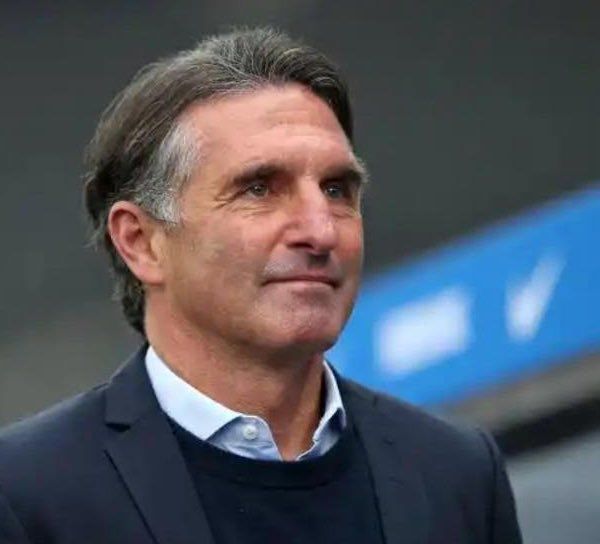
4. The Relegation Specialist
If there’s one label that sticks with Labbadia, it’s that of a “relegation specialist.”
On multiple occasions, he has been brought in to save clubs from the brink of relegation — a task he has completed with remarkable consistency.
Whether it was rescuing Hamburg in 2015 or leading Wolfsburg to safety in 2018, Labbadia has shown he can steady the ship in turbulent waters.
Nigeria might not be in a relegation battle, but the former African champions are far from being in a great place in the World Cup qualifiers.
Labbadia's experience, therefore, in high-pressure situations could prove invaluable in the cutthroat world of African football.
5. Italian Roots, German Discipline
Born to Italian parents who migrated to Germany as Gastarbeiter (guest workers), Labbadia’s heritage combines the passion and flair of Italian football with the discipline and efficiency of the German game.
This unique blend of influences is reflected in his managerial style — a mix of tactical rigidity and creative freedom.
For a Nigerian team that often struggles to balance structure with spontaneity, Labbadia could be the perfect fit.
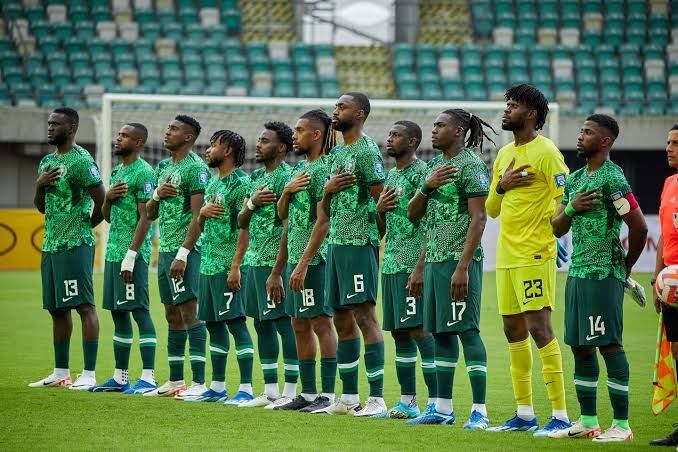
6. A Connection to Youth Development
Throughout his managerial career, Labbadia has shown a willingness to trust and develop young talent.
At VfL Wolfsburg, he played a crucial role in the development of players like Josip Brekalo and John Brooks.
His ability to nurture and integrate young players into the first team could be a boon for Nigeria, a nation with an ever-growing pool of young, talented footballers eager to make their mark on the global stage.
7. A Record of Mixed Results
While Labbadia’s managerial career has had its highs, it’s also seen its share of lows.
He has been sacked multiple times, most recently from VfB Stuttgart after a poor run of results.
However, his ability to bounce back from setbacks and land jobs at other top clubs speaks to his resilience and the respect he commands within the footballing community.
Nigerian fans should be prepared for a coach who is not afraid to take risks but who also understands the demands of managing at the top level.
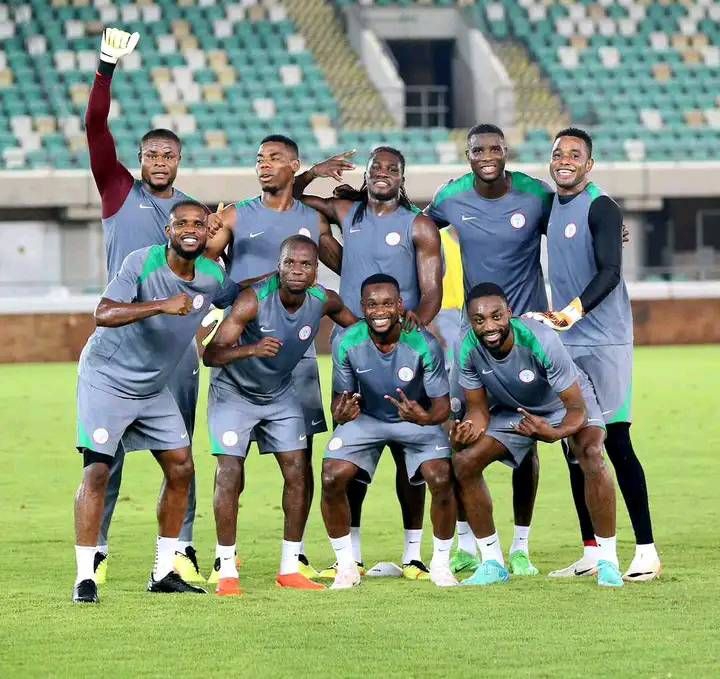
8. A Focus on Defensive Organization
One of the hallmarks of Labbadia’s teams is their defensive organization.
He often emphasises a solid defensive structure as the foundation for success. While this might not always lead to the most thrilling football, it has proven effective in grinding out results.
For a Nigerian team that has sometimes struggled with defensive consistency, Labbadia’s emphasis on organisation at the back could be exactly what’s needed to turn the Super Eagles into a formidable force.
9. A New Chapter in African Football
Labbadia’s appointment as the head coach of Nigeria represents a significant chapter for him.
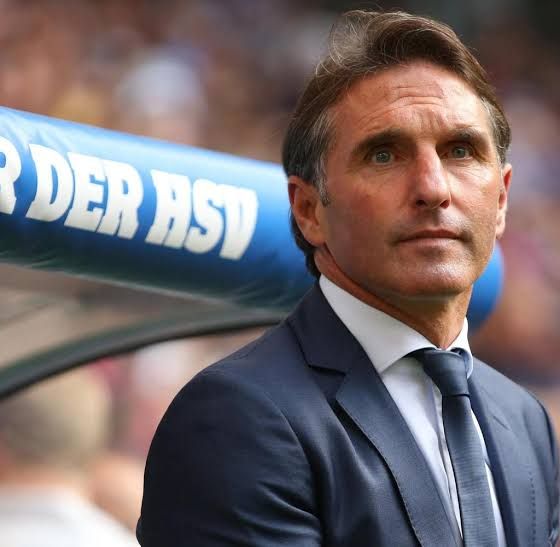
This is the first time the 58-year-old gaffer will be taking up a coaching job outside of Germany. It even becomes more challenging as he is arriving in African football for the first time. There is no cause for alarm, though.
European coaches have had varying degrees of success on the continent, and Labbadia will be keen to make his mark by leading Nigeria to continental and possibly global glory.
His journey from the Bundesliga to Africa’s biggest footballing stage is one filled with potential, challenges, and the promise of success.
10. Labbadia's first hurdles
With Labbadia's appointment being with immediate effect, the German gaffer will be in charge when Nigeria begin their qualifying campaign for the 2025 Africa Cup of Nations next month.
The Super Eagles are scheduled to face the Benin Republic on September 7 before trading tackles with Rwanda three days later.
Labbadia's first task will be to name a 23-man squad for those engagements over the coming hours and set a strategy in motion to guide Nigeria to positive results.
How the former FC Koln coach navigates the September hurdles will be a pointer to how he will be perceived in the Nigerian football space.

